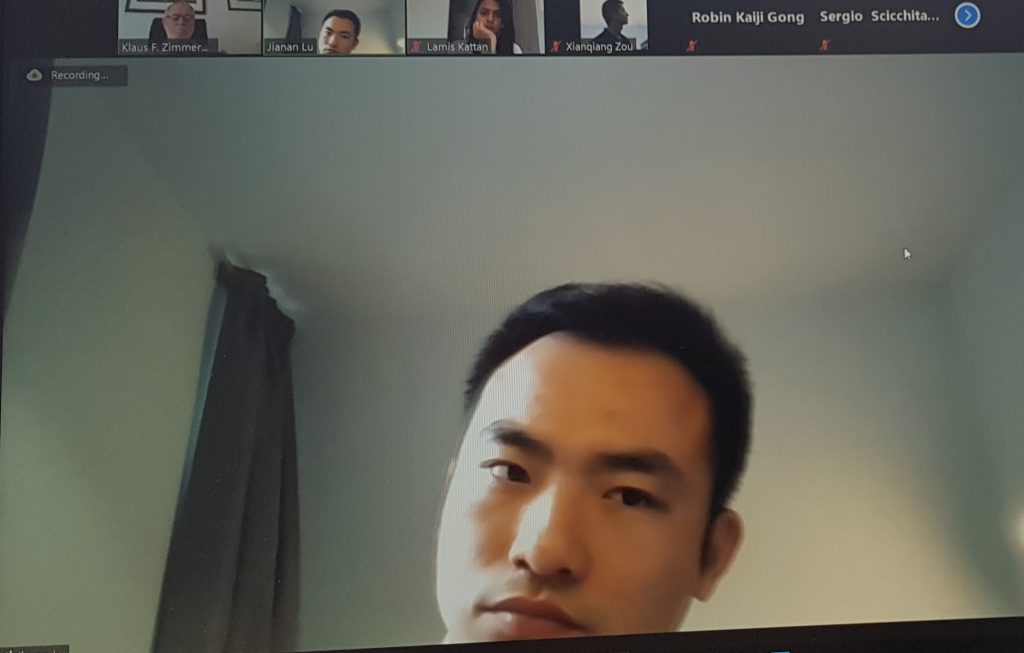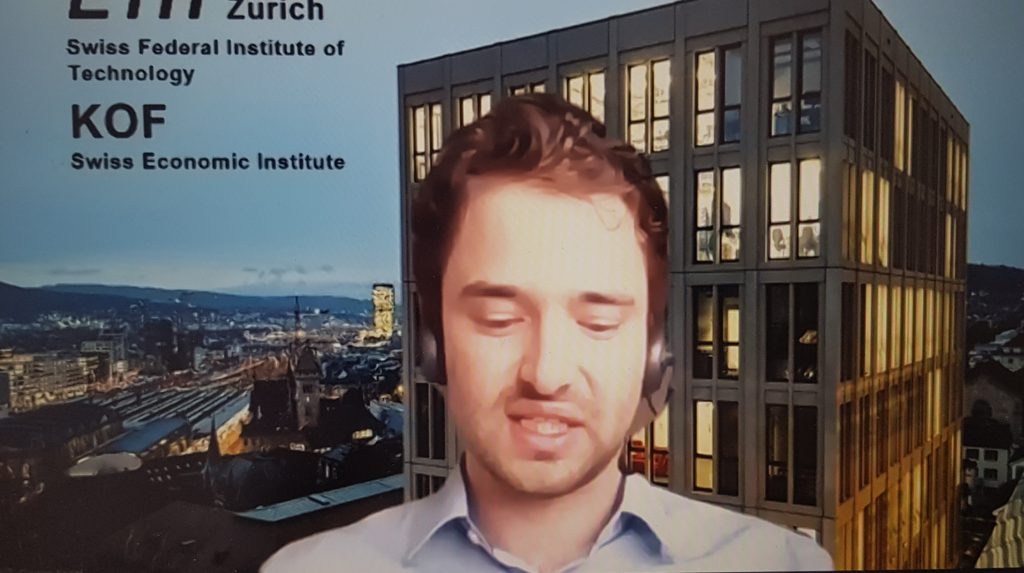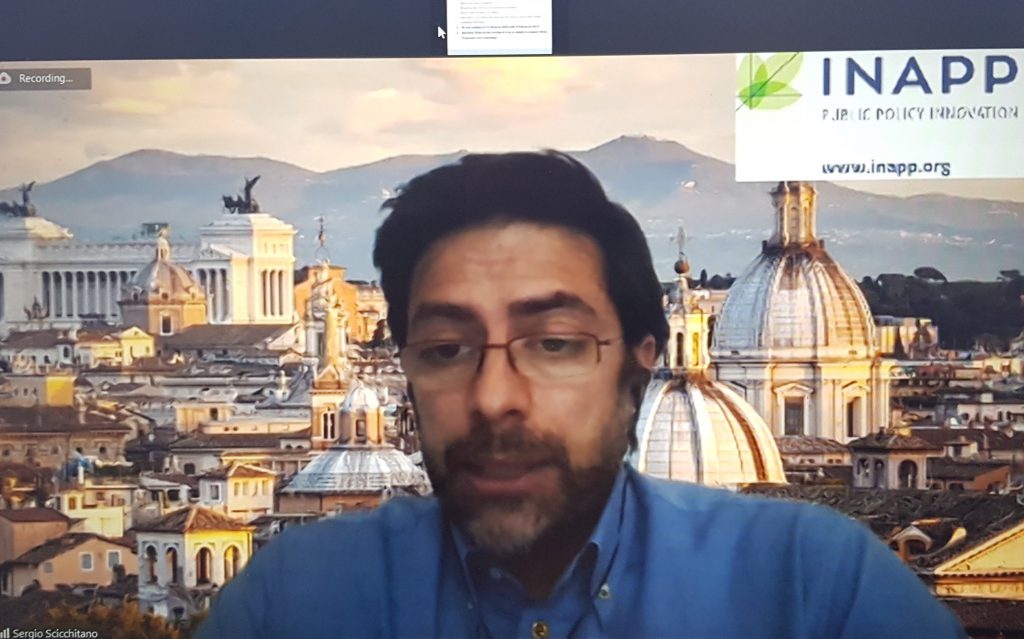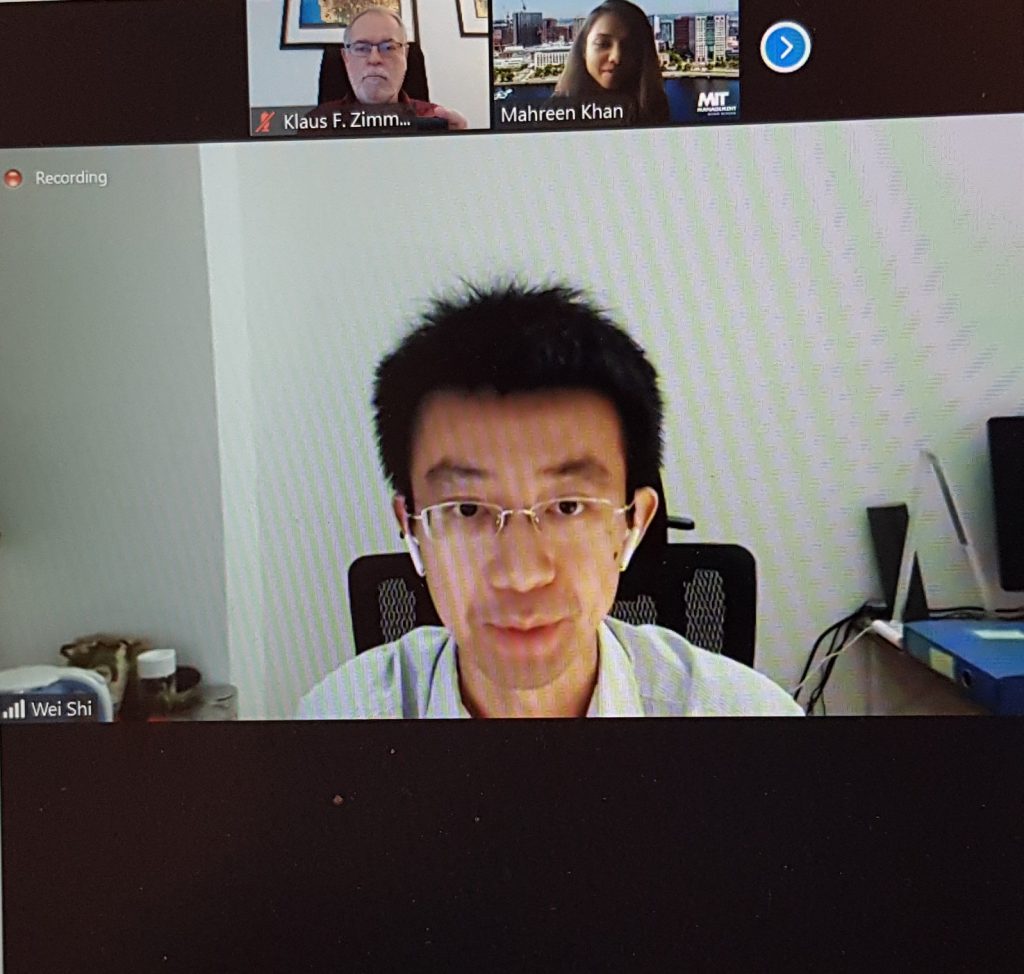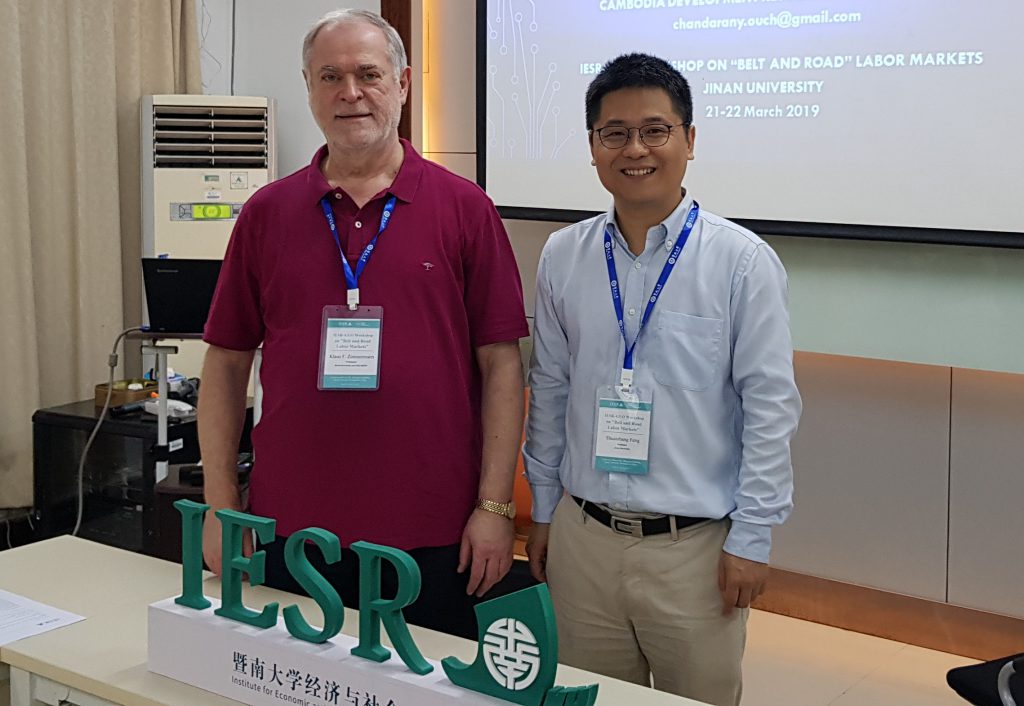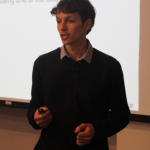A new GLO Discussion Paper documents that immigrant inflow has reduced workplace accidents of Spanish workers.
The Global Labor Organization (GLO) is an independent, non-partisan and non-governmental organization that functions as an international network and virtual platform to stimulate global research, debate and collaboration.
GLO Discussion Paper No. 565, 2020
Safety at Work and Immigration – Download PDF
by Bellés-Obrero, Cristina & Martin Bassols, Nicolau & Vall Castello, Judit
GLO Fellows Cristina Bellés-Obrero & Judit Vall Castello
Author Abstract: This paper examines the effect of immigration on workplace safety, a new and previously unexplored outcome in the literature. We use a novel administrative dataset of the universe of workplace accidents reported in Spain from 2003 to 2015 and follow an IV strategy based on the distribution of early migrants settlements across provinces. Our results show that the massive inflow of immigrants between 2003 and 2009 reduced the number of workplace accidents by 10,980 for native workers (7% of the overall reduction during that period). This is driven by Spanish-born workers shifting away from manual occupations to those involving more interpersonal interactions. Immigrant flows during the economic crisis (2010-2015) had no impact on natives’ workplace safety. The scarcity of jobs during that period could have prevented shifts between occupations. Finally, we find no effects of immigration on the workplace safety of immigrants. These results add a previously unexplored dimension to the immigration debate that should be taken into account when evaluating the costs and benefits of migration flows.
GLO Discussion Papers are research and policy papers of the GLO Network which are widely circulated to encourage discussion. Provided in cooperation with EconStor, a service of the ZBW – Leibniz Information Centre for Economics, GLO Discussion Papers are among others listed in RePEc (see IDEAS, EconPapers). Complete list of all GLO DPs – downloadable for free.

Ends;



